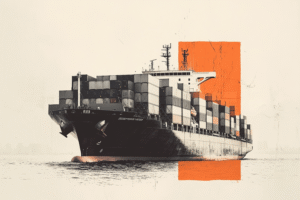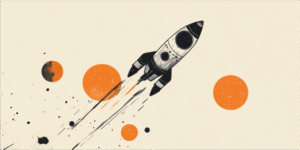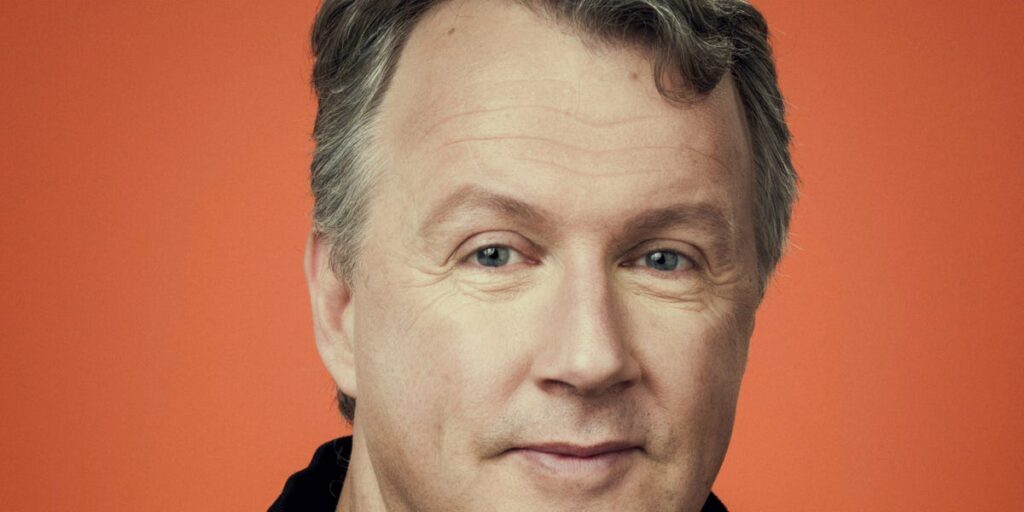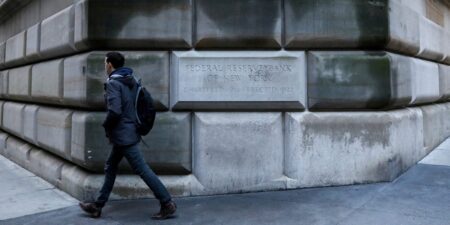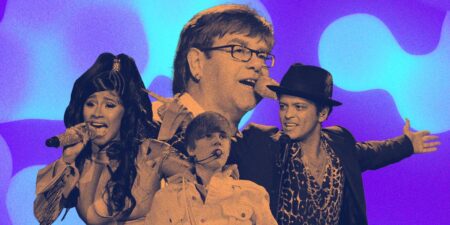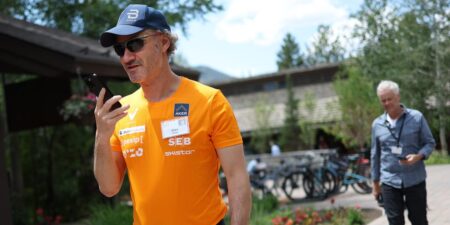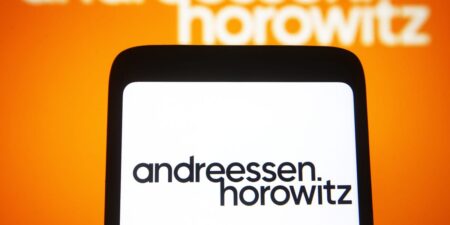Paul Graham, the founder of startup incubator Y Combinator, said identifying and leaning into your passions will be the best way to secure your job in the age of AI.
“It may be a mistake to ask which occupations are most safe from being taken by AI,” Graham wrote in an X post on Tuesday.
“What AI (in its current form) is good at is not so much certain jobs, but a certain way of working. It’s good at scutwork. So that’s the thing to avoid,” he continued.
Graham said programming jobs “at the bottom end” are not safe from AI, adding that “those jobs are already disappearing.” Top programmers “who are good enough to start their own companies,” on the other hand, can still command top salaries, he wrote.
“So I think the best general advice for protecting oneself from AI is to do something so well that you’re operating way above the level of scutwork,” Graham said.
Representatives for Graham at Y Combinator did not respond to a request for comment from Business Insider.
Graham said that to become a superstar in your chosen field, you’ve got to have passion.
“It’s hard to do something really well if you’re not deeply interested in it,” he added.
Graham isn’t the only one who has acknowledged AI’s disruptive potential on the job market. Meta CEO Mark Zuckerberg told podcaster Joe Rogan in a January interview that he expects AI to be able to write code like a midlevel engineer within this year.
Then, in May, Anthropic CEO Dario Amodei told Axios in an interview that AI could wipe out 50% of entry-level office jobs in the next five years.
The Federal Reserve Bank of New York published a labor market report in February that said computer science graduates faced an unemployment rate of 6.1%. That was higher than other majors, such as history at 4.6% and biology at 3%.
Other business leaders like “Shark Tank” star Mark Cuban and Nvidia CEO Jensen Huang have criticized Amodei’s prediction.
Cuban voiced his disagreement with Amodei in a post on Bluesky, arguing that “new companies with new jobs will come from AI and increase TOTAL employment.”
Huang told reporters at the VivaTech 2025 conference in Paris in June that AI could also create new opportunities, while some jobs could disappear.
“Do I think AI will change jobs? It will change everyone’s. It’s changed mine,” Huang said.
Read the full article here


